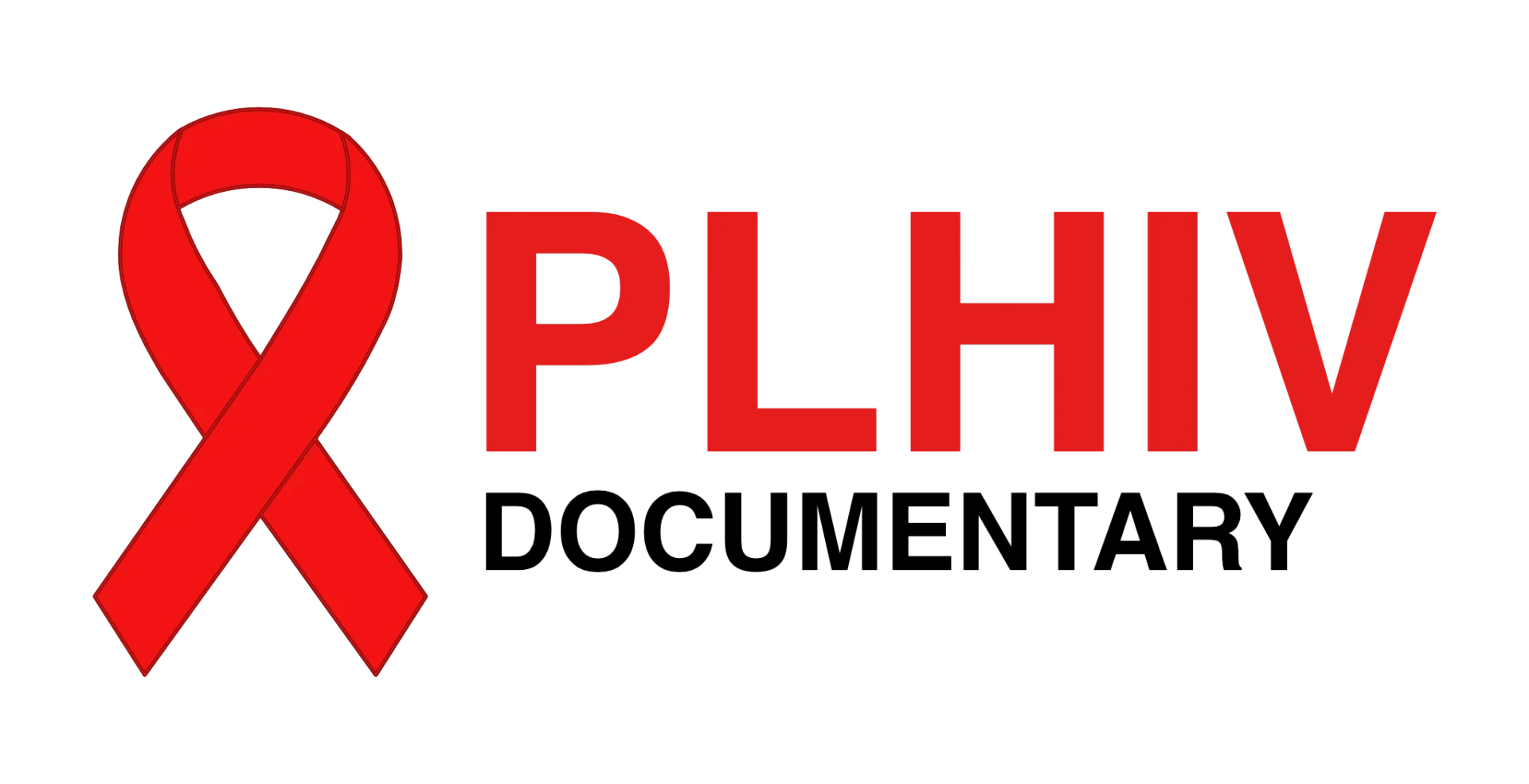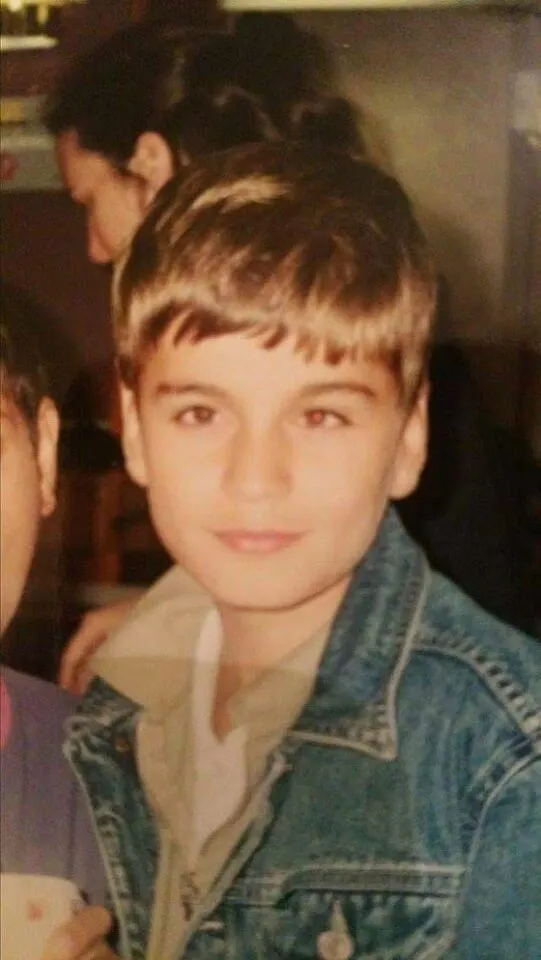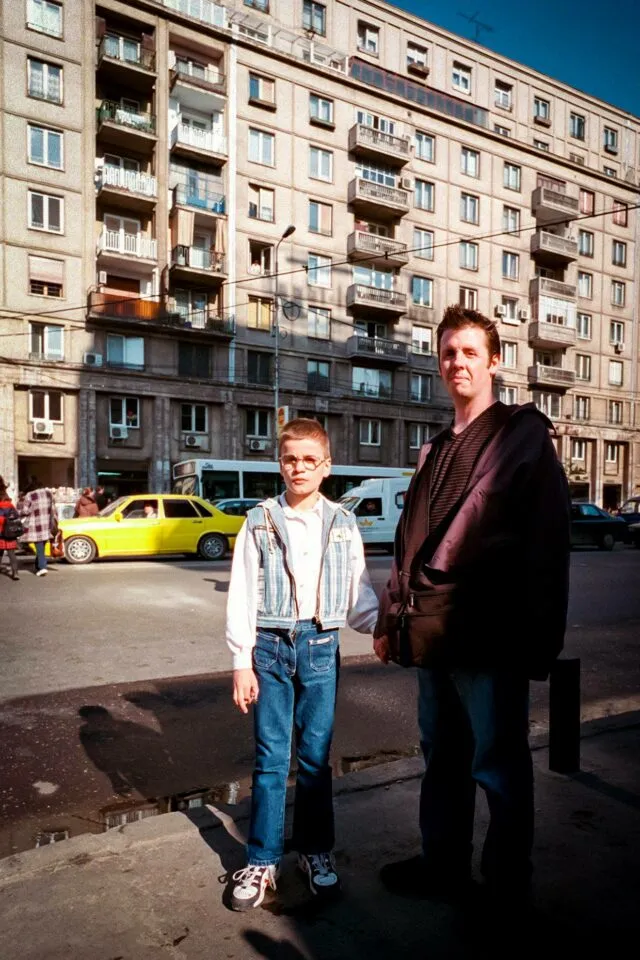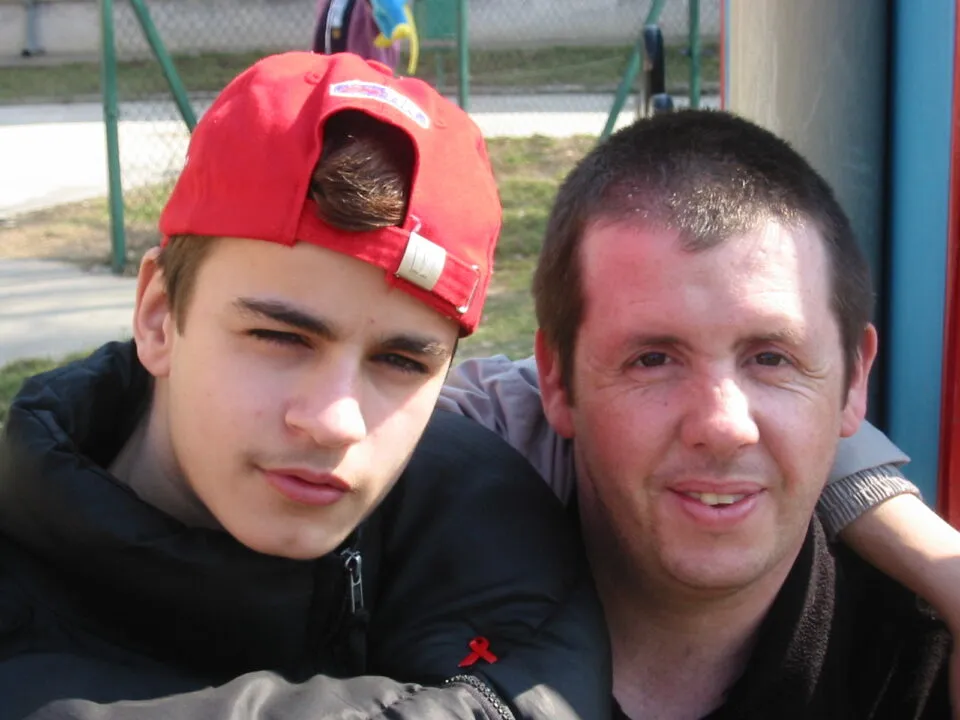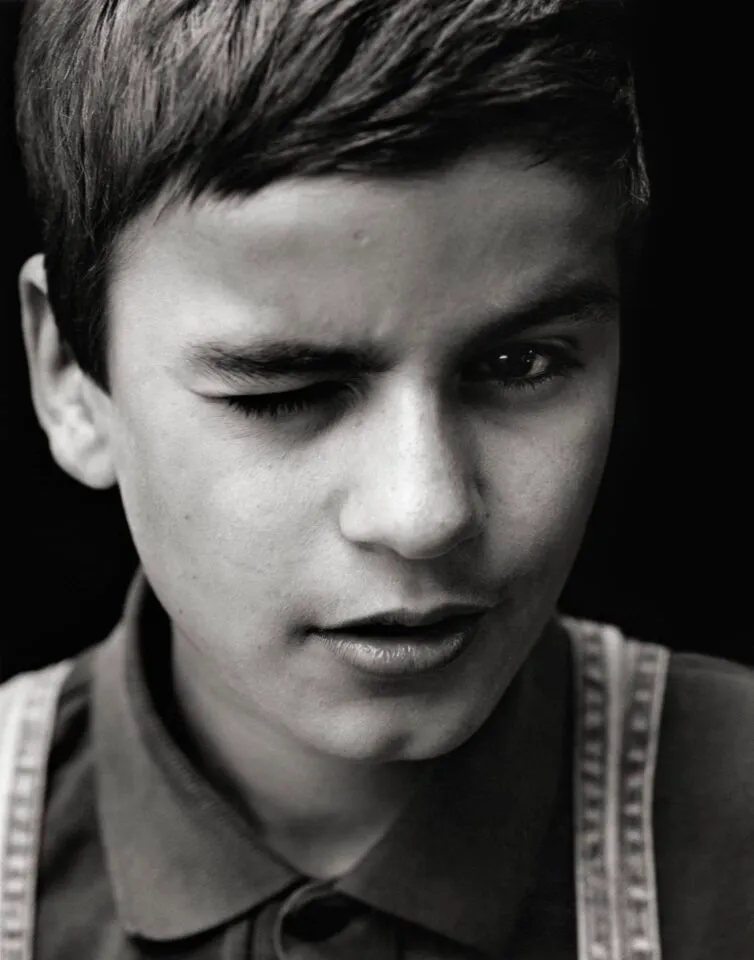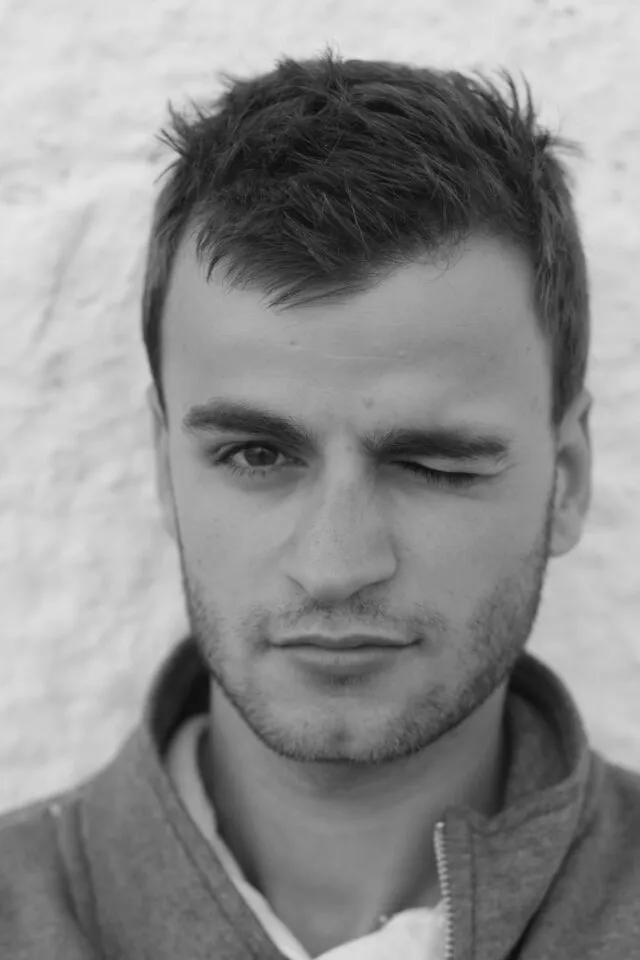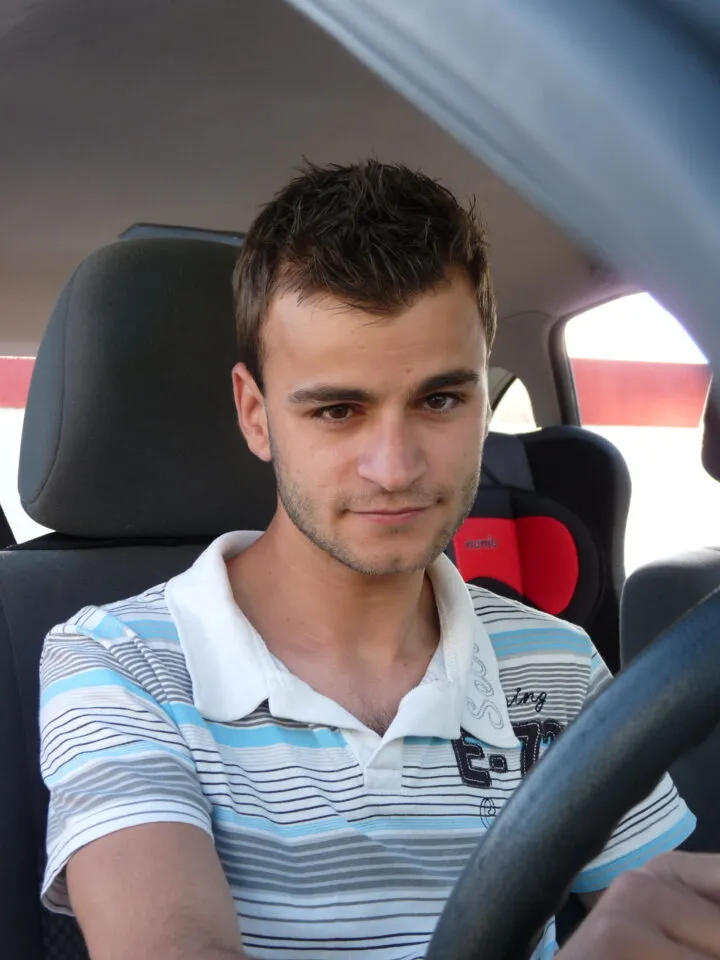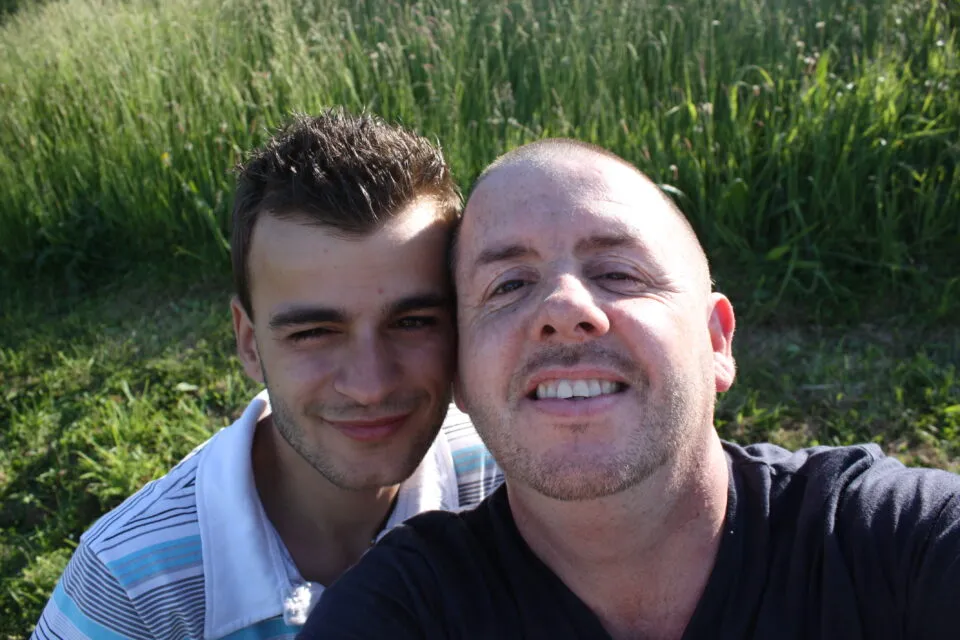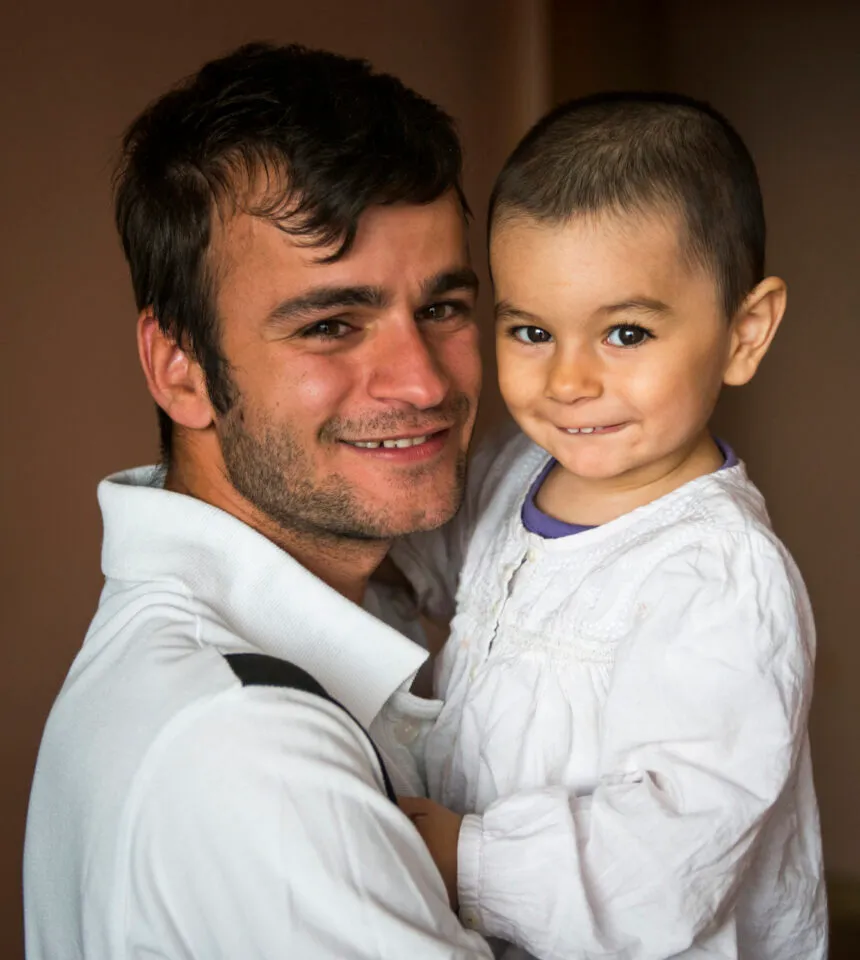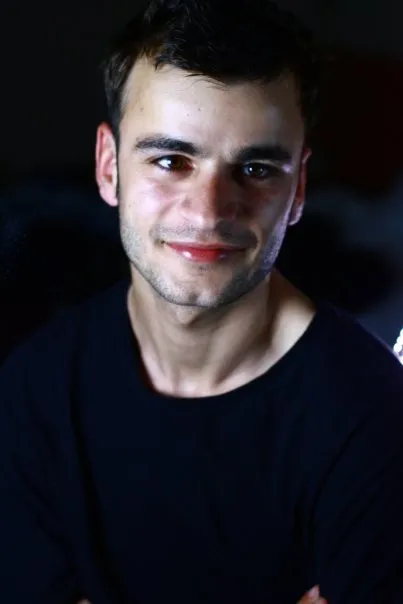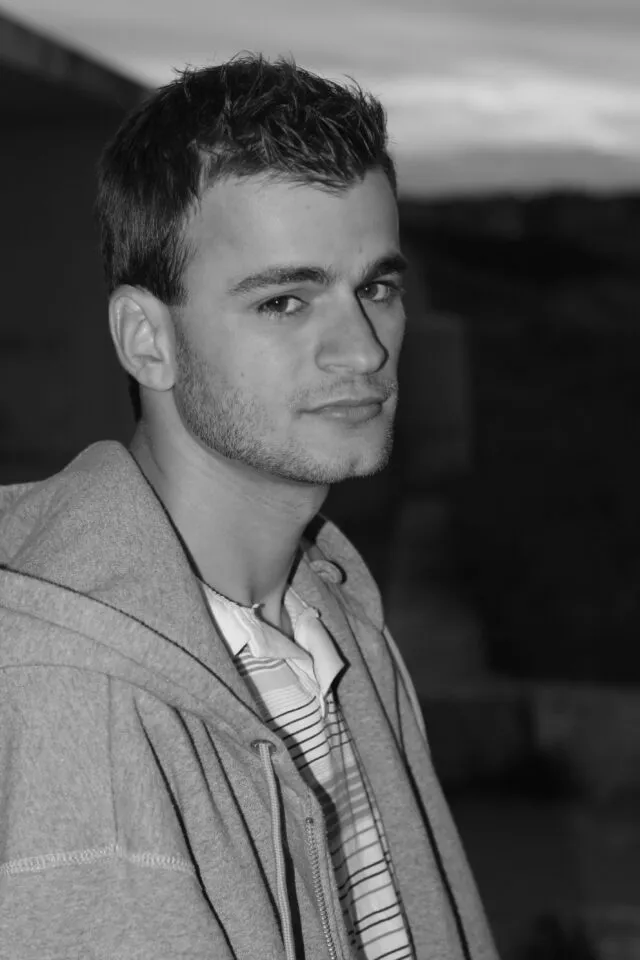The roots of this Documentary
I want to share the deeply personal journey behind this documentary project, a passion that has consumed me since 2019. The roots of this endeavour trace back to 1992 when, at just 22 years old, I embarked on a life-changing three-month volunteer mission in Bucharest, Romania. During that time, I served as a care assistant for children living with HIV/AIDS in an era when antiretroviral drugs were not yet available.
Leaving Romania after those three months left me profoundly distressed. I witnessed the deaths of many children who had no one to love or adequately care for them other than the hospital staff and volunteers. Knowing these children faced an almost impossible battle with minimal chances of survival weighed heavily on me. Motivated by an unwavering sense of purpose, I gathered enough funds to return to Romania six weeks later, eager to continue working with the children. It was during this return that I formed an extraordinary bond. In the hospital schoolroom, a 5-and-a-half-year-old boy named Nicu approached me, wrapped his tiny arms around my leg, and said, “Tu esti Tatal Meu,” meaning “You are my dad.” From that moment, Nicu became an inseparable part of my life.
Over the years, Nicu grew into my adopted surrogate son, seamlessly becoming a cherished family member. Despite the intense stigma he faced in Romania and the heartbreak of being abandoned by his biological parents after contracting HIV through mismanaged medical procedures, Nicu found joy and acceptance within our family. Eventually, he returned to Romania and even became a father himself. Tragically, we lost Nicu in January 2016.
This documentary is not just a project but a testament to Nicu and all the children we lost. Trained as a general nurse, I decided in 2019 to create this documentary as part of an academic project. When my peers claimed HIV was an old disease that no longer existed, I felt compelled to educate those with limited knowledge about HIV. This project embodies my determination to dismantle the stigma surrounding people living with this chronic condition, to humanise and empower those who choose to be visible about their HIV status, break down stigma, and educate others about what it means to live with HIV. Additionally, it aims to promote discussions about properly caring for someone with this chronic condition, highlighting the importance of love, acceptance, and proper medical care.


©Photo by Smiley N. Pool 

©Photo by Richard Phibbs 



©Photo by Smiley N. Pool 
©Photo by Smiley N. Pool 
